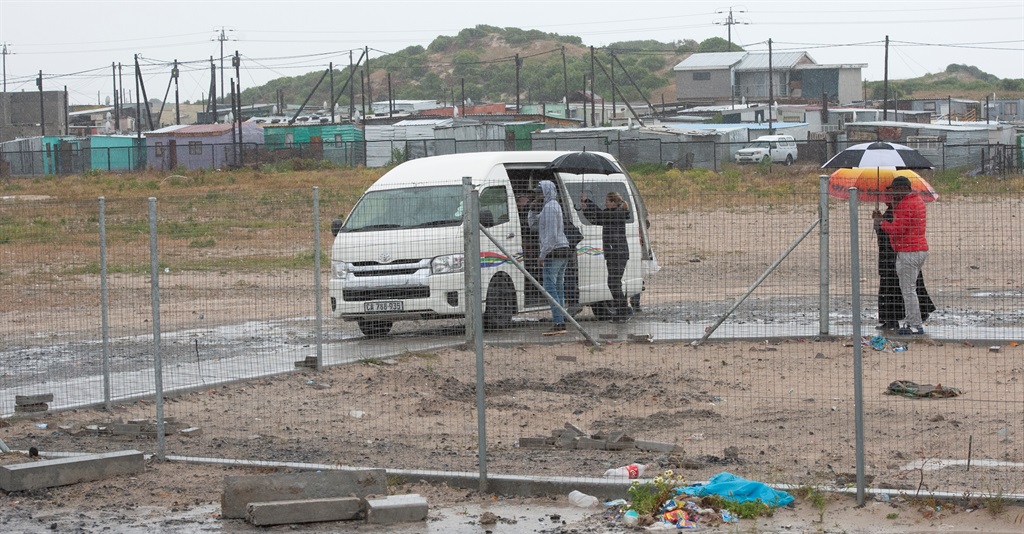
The young intern coming in for an interview was running late. It was an interview that could change her life and the lives of other family members who most probably were relying on her, as a university graduate, to obtain employment.
This is a common expectation with most young graduates coming from the townships. In one way or another, the responsibility of taking care of siblings gets passed on to you, as the person who now has a chance to play the role of breadwinner and caregiver. I know this situation very well, having been part of the system myself, desperately looking for a job while shouldering the pressure to take care of family members.
The intern arrived half an hour late and was a nervous wreck, and in another company the interview would probably would have been cancelled and her hopes dashed. Fortunately, the person dealing with internships was empathetic and dedicated to the cause of giving young people a chance. The first thing the young woman said as we were exchanging pleasantries was: “I am sorry. If I do get this, I will make sure I find a place closer to work so that I am not late.” Such is the story of those carrying the legacy of being born in that forgotten peripheral space that is the township.
The company was based in Midrand and the young woman was coming from Sebokeng, a township in the Vaal area in the outskirts of Johannesburg, roughly 54km away. This is a trip that can take up to two hours when using reliable public transport. I use the word “reliable” for a specific reason, as the public transportation system in our country, especially that which ferries people to and from townships, does not subscribe to the notion of reliability.
Coming from that township and earning an intern’s salary, she was faced with the possibility of spending 40% of her income on transportation alone, as well as almost a third of her morning commuting.
On joining the organisation, they intern subsequently moved to Soshanguve, a township outside of Pretoria, mainly as the distance from Pretoria was shorter than commuting from the Vaal. Later, she rented a room in Ivory Park, a township outside of Midrand.
This is the legacy of townships, spaces which were designed as peripheral spaces away from the main economic areas. In order to meet one’s economic obligations, which include taking care of family and self, coupled with multiple trips to and from work, township dwellers find themselves in a state of being modern-day migrants. Either that or you are forced to leave the township at dawn, long before the birds begin to chirp, and you return long after dusk.
I, like many others, have lived through this experience. As a university student, I secured a job as an assistant in my alma mater in Pretoria. I had to catch a 6am train to Pretoria – the Gautrain was not even a pipe dream then. If I missed that train I would surely be late. The situation necessitated that by 5am I was already in a taxi bound for Johannesburg. Wake up time was at least 4am. I had just reached my late teens and was already experiencing the harshness of being born in the township and what my parents and grandparents had been living through long before I was born.
Post-university I went through the frustration, anger and depression of not being able to secure a job. The issue of distance was the subject of many interviews.
“How are you going to get here?” and “Will you make it work on time?” were questions I encountered in almost every second interview. I remember offering to volunteer at a radio station based in the Johannesburg CBD and their dismissive response was: “At some point you will tell us you are unable to get to work as you do not have transport money.”
If you ask yourself why young graduates are standing at traffic lights with boards stating their qualifications, consider how their background and status of “non-being” has played a role. Breaking out of the chains of the systematic and structural legacy of townships is a dream that is difficult to realise. Often, your hopes dry up like a raisin in the sun.
The dream that one clings to eventually fades. When it does, all hope is lost and you succumb to the “kuyafana” state of despondency – “it doesn’t help if I am educated or not, I am still going to end up stuck here, unemployed, hungry and forgotten”. Slowly, we become our environment, something I write about in my book Blame Me on Apartheid.
We abandon all hope and succumb to the self-deprecation of being forgotten non-beings, cast out and left to starve. This is made worse by impractical comments about black people in townships being lazy, having no ambition and what not. Please!
Close to three decades of so-called freedom and democracy have not brought about much change for townships, especially for the young people in these areas. It is for this reason that our grandparents feel nostalgic when reflecting on apartheid as they see the state of forgetfulness their progeny has come to live under. The destruction that comes with service delivery protests is an outlet of the anger, the neglect, the despondency and other painful emotions we feel and live with on a daily basis.
African-American Muslim minister and human rights activist Malcolm X once decried:
In a similar vein, townships continue to be a psychological tool of suppression to this day.
So think twice before you judge and harshly criticise a black person who is late for an interview or experience for you do not know the frustrations of a black South African arising from the divide that townships create – be they geographical, psychological or emotional. Their challenges are sometimes unsurmountable.
Malinga is writer and author of Blame me on Apartheid
| ||||||||||||||||||||||||||||||
 |




 Publications
Publications
 Partners
Partners











